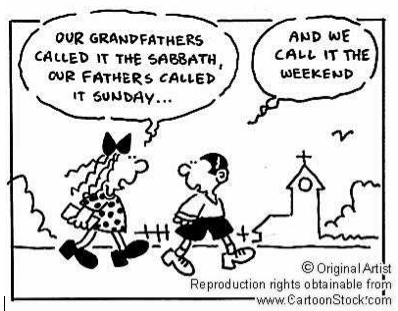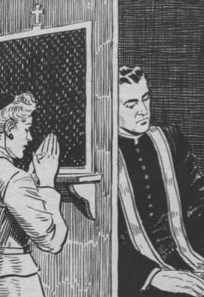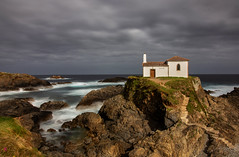“Neither are any wars so furious and bloody, or of so long a continuance, as those occasioned by difference in opinion, especially if it be in things indifferent.” – Jonathan Swift
I have struggled of late to grasp, to strain, to keep what is mysterious and transcendent. I have a bad habit of reading too much. Not too much of just anything, but too much of the dour and polemical pieces that I find too often and easily published online. Such works bring me always crashing back down to earth, back to the cold and brute facts of human ego and violence. I am, unfortunately, thinking of some Christian and Catholic writers.
Certainly, this is not true of all or even most of those writing about their faith. But a vocal minority has made dominant an oppositional, warfare style of writing. It is all doom and gloom: we are living in perilous times, we must fight the enemy. I am incessantly reminded that we are in a culture war, that we must wage war and win.
I thought I read something in the Gospels about peacemaking?
If you are reading this, I want to assure you: YOU are not the enemy. Whatever you might read about the battle for values or a clash of cultures, I assure you that you are not the barbarian at the gates of civilization. This kind of language always attempts to draw lines between people, an attempt that falsely divides what should be united. In fact, the only battle that we should ever speak of is the battle between good and evil, between all of humanity and the forces of darkness. We must resist the temptation to see evil as somehow incarnated in another.
We are in this together. We are made to work together, to live in peace, and to be peacemakers. We are called to transcend the petty bickering and grandstanding about the “valueless” enemy. Before his crucifixion, Jesus prayed that all would be made “one.” This is a “one” united in and through Christ.
It is not a political unity. It is not a unity about who holds what ideology. Socialists and libertarians, liberals and conservatives and everyone in between and beyond—all will be made new in Christ, and not through ideology.
We have and will still have differences of opinions, of ideals, and yes, even values. We are not to abandon truth but rather to live in the image of Jesus is to live as a peacemaker. We are not called to fight for culture but for people. We are their defenders. Through this self-gift, the actual lives and souls of people will be transformed and, from it, the whole world.
– Tim DeCelle






























